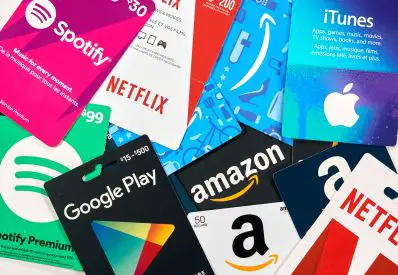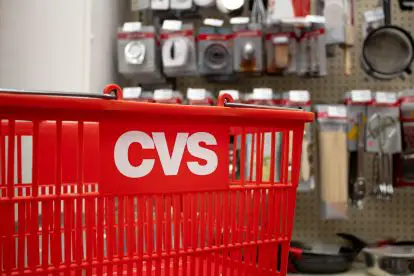
CommonCentsMom.com is advertiser-supported: we may earn compensation from the products and offers mentioned in this article. However, any expressed opinions are our own and aren't influenced by compensation. The contents of the CommonCentsMom.com website, such as text, graphics, images, and other material contained on this site (“Content”) are for informational purposes only. The Content is not intended to be a substitute for professional financial or legal advice. Always seek the advice of your Financial Advisor, CPA and Lawyer with any questions you may have regarding your situation. Never disregard professional advice or delay in seeking it because of something you have read on this website!
It may seem that organizing a virtual event is simpler than organizing a physical one since there are fewer factors to consider such as venue, permissions, catering, security, and more. Planning a successful virtual event, however, can be just as time-consuming and challenging as arranging a physical one, especially when it comes to maintaining the interest of participants throughout the whole event.
In most cases, success in hosting or advertising a virtual event depends on reaching the intended demographic. Providing attendees with new, engaging content and the opportunity to network may make a virtual event a smashing success if enough time and effort are put into its planning and execution.
Yet, glitches are inevitable, even in the most well-laid event marketing plans. In this post, we will discuss some common pitfalls that can be encountered while creating your event marketing strategy, with the aim that you will be able to avoid them.
Ignoring the Competition
Your guests are busy individuals with a limited amount of resources and time. Some may only be able to attend one event per year. In comparison to similar events, why should people choose to attend yours?
If you want to be successful, you need to differentiate yourself from the crowd. This value will form the basis of your event promotion strategy. Discover what your competitors aren’t doing and use it in your event.
For instance, if no one is utilizing augmented or virtual reality, include it in your event strategy and highlight it in your event promotion. To stand out in a crowded industry, include some novel features in your event’s preparation.
Poor Market Selection
Although not very prevalent, this does occur sometimes. See who is engaging with your advertising, who is sharing your content, and who is commenting on your postings. If you run a medical organization and electrical engineers are commenting on all of your postings, you may be speaking to the incorrect demographic.
While this is an extreme case, it serves to remind us to be vigilant even for the finer details. If you’re trying to target nurses but only talking to physician assistants and doctors, you may not be putting across the correct message.
Beginning Pre-Event Promotion Too Soon or Too Late
In this case, the phrase “timing is everything” couldn’t be more accurate. It’s important to get the word out about your event and stimulate people’s curiosity well in advance, but not so far ahead of time that they lose interest and don’t bother to RSVP or register.
Begin your preparation early enough to provide your team the time to generate and deploy promotions and content with a strategic aim and a planned cadence. If you send out invitations too far in advance, for instance, three months in advance, and then fail to send reminders or follow-up marketing, your RSVP rate will gradually decrease until it reaches zero.
A similar issue, from the standpoint of the frequency of promotions, arises if you get started too late. The difference, though, is that you can expect fewer RSVPs and more party crashers if you don’t send out invitations well in advance. The timing of your event is crucial if you want to attract the right crowd and make sure they show up.
Disregarding Social Media Marketing
Social media is one of the most effective strategies for promoting your event. Despite its obvious importance, many event marketers are still missing out on this path to audience engagement. Build up buzz for your event in advance by using a well-thought-out social media approach.
Get the word out by using hashtags, social media marketing, and collaborations with influencers. With over 4.76 billion social media users globally, it is an essential component of any event marketing plan.
Poorly Managed Expectations
Setting appropriate expectations is crucial to the success of any event. Do not promise more than you can deliver at your event. Be honest with yourself about the event’s potential impact and goals, and put all of your energy into creating a memorable experience for your guests.
The success of your event, in the eyes of your guests, depends on whether or not your expectations for it are realistic.
Insufficient Results Monitoring
Your event marketing efforts will not progress if you don’t monitor and analyze the data you collect. Attendance, internet traffic, social media interaction, and sales should all be tracked. By doing so, you may identify areas of success and areas for growth.
Event marketing is a complicated process with plenty of space for improvement. Monitoring and analyzing data allows you to fine-tune your event marketing plan for maximum effect.

Final Thoughts
Remember to avoid these event marketing blunders when you plan your events for 2023. By avoiding these typical errors, you can ensure your success and design an event that will leave your guests speechless.







